Now a days it is difficult to live in the modern world without using computers. They are in our handbags and pockets in the form of smart phones; in our washing machines, doorbells, and other household items; they have permeated almost all areas of modern-day society. Along with the growth of technology are bad actors, who exploit the flaws and vulnerabilities that are inherent within software and hardware. Multi-factor authentication, a.k.a. MFA is one tool that we can all use to fight cybercrime. It is not a perfect solution, but it can be used to help make it difficult for a hacker to steal your private information, we should prioritise its implementation.
What is Multi-Factor Authentication (MFA)?
MFA is a computer safety measure that uses various forms of identification (ID) to prove who you are. This can take the form of: something you know, such as a password, pass phrase or a pin; something you have in your possession, for example, a smartphone, a passport, or hardware token; or you, that could be your finger prints, facial features, your voice etc. This approach ensures that if one form of verification is discovered by hackers, it is highly unlikely that the other forms of identity would be compromised too. So when a second or third method of authentication is required, you, the individual will have this information but it is highly improbable that the hacker will have the other forms of identification too.
Implementing MFA personally and or in your business, significantly reduces the chance of your account been hacked, any misappropriated credentials will be useless without the other forms of ID which they would need to get access to your account. MFA is a very useful additional layer of security that will help to keep your data safe from tempering, theft or destruction. Business sectors such as finance, e-commerce and healthcare have to comply with regulations which embraces the implementation of MFA to secure client data and communications. The use of MFA also helps with avoiding possible financial penalties, damage to reputation and loss of buyer trust, as it reduces the risk of a password breach.
A fast-growing local company, held sensitive data, including financial records, and employee information. Despite having some cyber security systems in place, they had not yet implemented Multi-Factor Authentication (MFA) for their employees’ accounts.
A cybercriminal managed to breach an employee’s personal email account, which contained the employee’s login credentials for the company internal systems. The hacker used these credentials to gain unauthorised access to the company’s network, bypassing the single-layer password protection in place.
Within hours, the criminal had accessed several key databases, stealing financial data, and exposing sensitive employee information. This breach caused significant reputational damage to the company and they were forced to invest substantial resources in damage control, legal fees, and implementing new security measures.
The use of passwords that are inadequate or compromised is still a major problem. MFA helps to mitigate this vulnerability by requiring additional forms of identification, thereby ensuring that any attempt at hacking your account is thwarted. As a business owner you can demonstrate how seriously you take protecting clients’ details by implementing MFA within your company, doing this will foster trust and confidence in your brand. Customers will appreciate the added security procedures that you have put in place and that their confidential information is better protected.
MFA can be utilised in a wide array of situations, applications and platforms, from email accounts and social media profiles and online banking and corporate systems. This versatility allows firms to deploy MFA across their digital infrastructure, enhancing overall security.


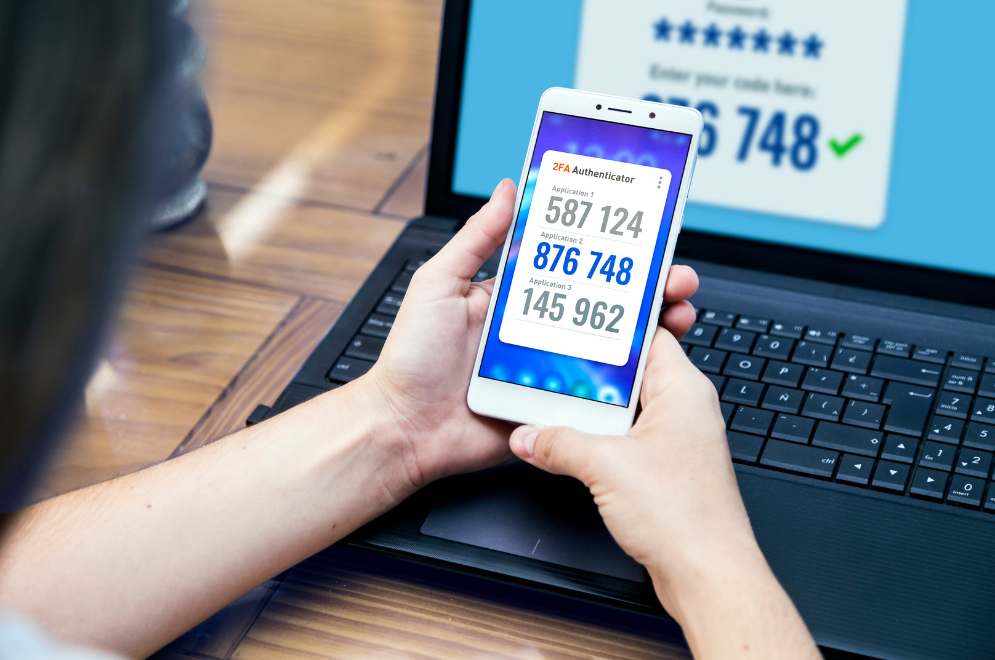
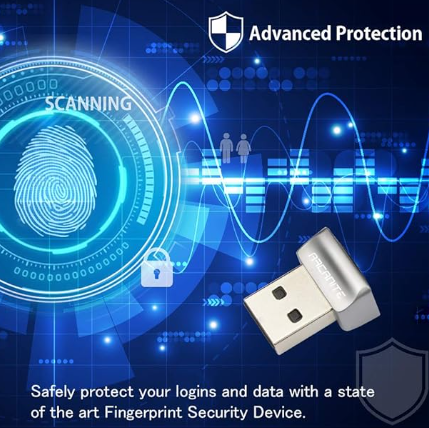
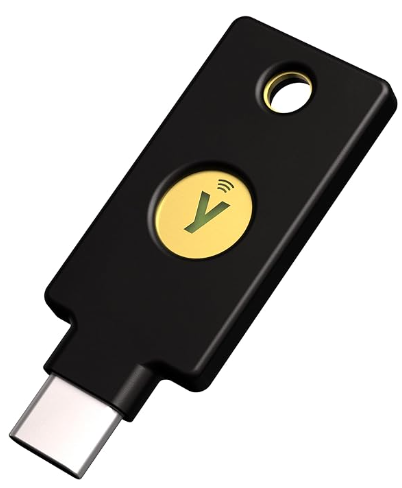
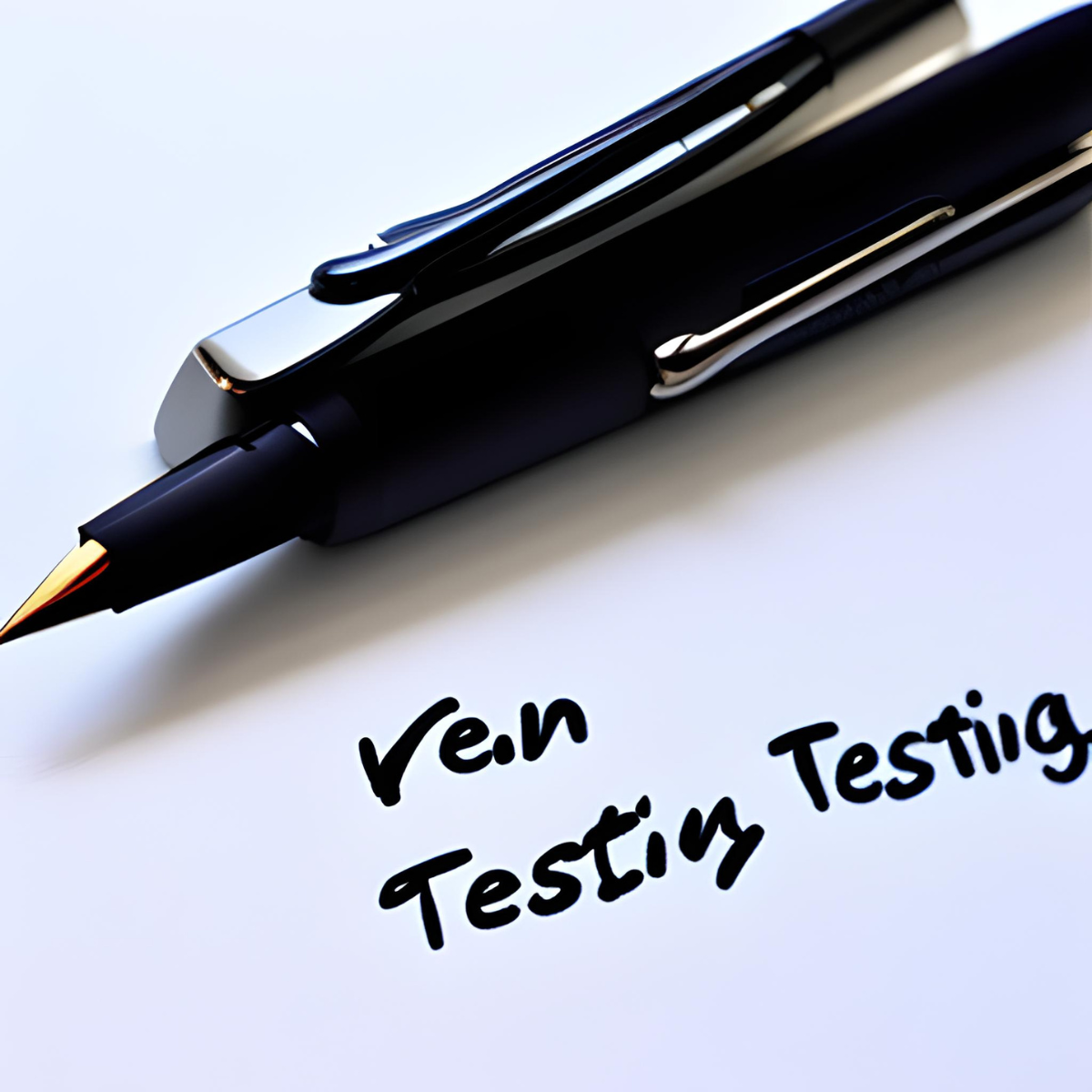

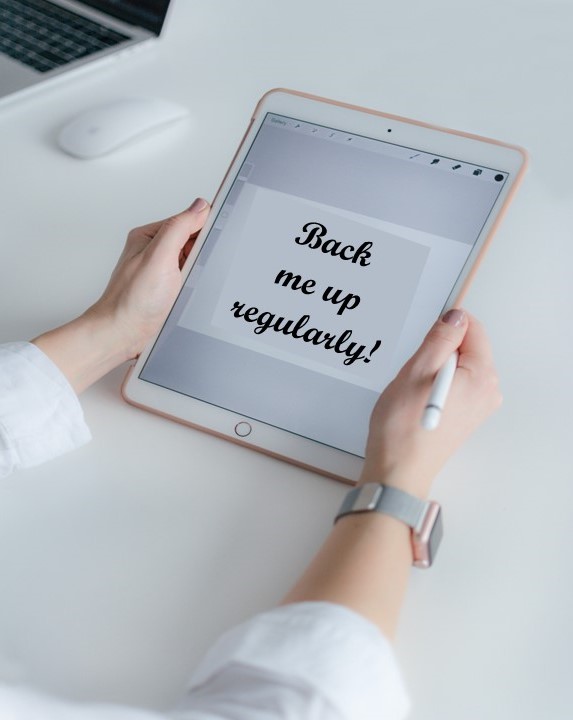
As someone who has experienced the negative effects of cybercrime, I can attest to the importance of implementing multi-factor authentication (MFA). In my personal life, I had my email hacked, which led to a domino effect of compromised accounts. It was a stressful and time-consuming process to regain control of my accounts and secure my data. In my professional life, I witnessed a local company suffer a significant data breach due to the lack of MFA implementation. The company faced negative fiscal after-effects, damage to their status within the community, and had to invest substantial resources in damage control. These experiences have taught me the value of taking proactive measures to protect sensitive information and the benefits of using MFA as an additional layer of security.
Thank you for sharing your experience Akumendoh. We at SyberSec Solutions have worked with individuals and small firms to help them recover from a cyber incident and it is sometimes the case that we had to help clients to get over the fear of using technology and the feeling of being violated. Prevent is better than cure my mother used to say, I did not think that I would live to write this, but my mother was right!
This is useful information which we all need to know and act on. I use 2 devices: my pc is synced with my iPad and I have an authenticator app so I can enter OTPs whenever needed. I also use a VPN to keep my IPad address secure. So far, I’ve remained secure. I also validate my ID whenever there’s the chance!, e.g. on LinkedIn, Facebook, and I feel that on Wealthy Affiliate my website security is really tight!
I think things will get easier as time moves on and we are all alert to the tricks hackers get up to!
One of the biggest threats to our security is catfish! I was attacked last year by a con-man gold dealer who got stranded in Sierra Leone and ended up in prison. I almost got on a plane to stand up for his release! it was a kind of madness and thank goodness my friends stopped me from going!
Blessings and Success.
Linden
Hi Linden.
Thank God for good friends! What does not break us make us stronger and wiser.
Thank you for your comment and sharing your experience. remain vigilant and enjoy the internet.
With respect
Khalil